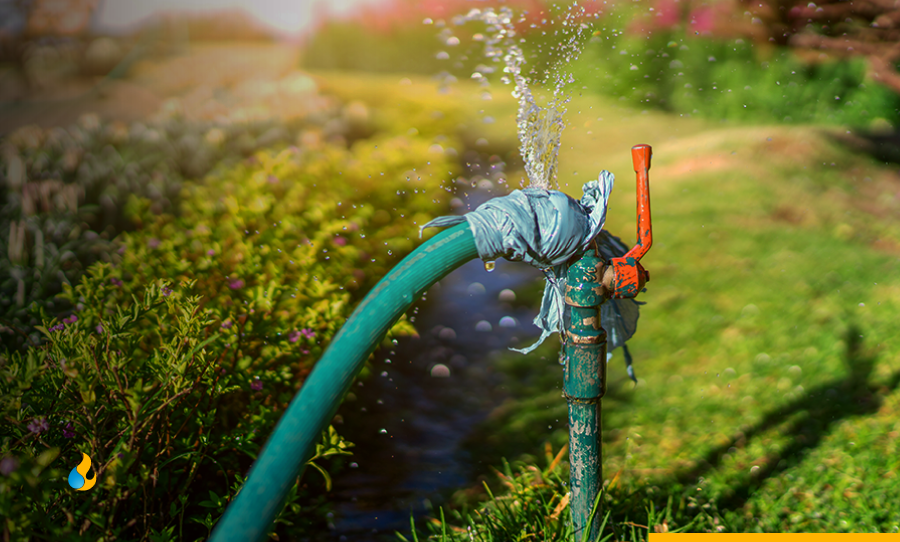
Are you wondering what causes pipes to leak? Whether you have an issue or simply want to be proactive and maintain your plumbing, we have the info for you! Knowing what causes leaks can keep your home nice and dry and avoid costly repairs. Check out what causes pipes to leak in Australian homes and what you can do about it.
Know your Australian plumbing
One issue is that older houses in Australia tend to have metal pipes, which can rust and corrode. Copper became the next go-to material for plumbing and is far more reliable and corrosion-resistant. Newer houses generally have a mix of plastic and copper, but knowing what your pipes are made of will help identify what causes pipes to leak.
What causes pipes to leak?

1. Poor workmanship
Whether your home is brand new or pre-loved, you can’t be certain of the quality of the plumbing work. It may have been rushed, inadequate, or done on the cheap. Perhaps the wrong fitting was used, or not enough sealant was applied, which will cause leaks over time. Unfortunately, this can happen in places you can and can’t see. If this is the case, it’s out of your hands and time to bring in a professional. It’s worth asking the previous owner or agent about the quality and age of plumbing and noting down any previous repairs that were needed.
2. Nature
We love our leafy Australian suburbs and towns and sure appreciate a shady tree in the sunshine, but unfortunately, while we kick back under the shade with a cool drink, some of our greenery is causing havoc below our feet. Roots can wrap around pipes, strangle them, or press against a weak point where two pipes meet. Leaves and debris can also block gutters and downpipes, preventing water from flowing leading to costly repairs.
3. Corrosion
We previously mentioned metal and copper pipes. While copper is more robust and less corrosive than metal, it is only less corrosive but not corrosion-resistant. Copper pipes can get pinhead size holes, and if that tiny leak is inside a wall or ceiling, it can lead to big problems.
Check out the WA Government article about the use of copper pipes.
4. Blockages and water pressure
From time to time, foreign objects will go down the drain and into the pipes; it’s unavoidable. A build-up of small things like hair, cooking oils, food particles, or dirt can cause a blockage, which can change the water pressure and cause a crack in even the strongest of pipes.
Finding the leaks
Now you know what causes pipes to leak, here are the signs to spot them:
- Water stains under the sink, around the toilet, on the walls or ceiling
- Tiles that are lifting or falling off
- Puddles in your yard and soft ground
- Mould or fungus indoors
- Dampness (you may not see it, but you can smell it and feel it)
Your water meter is your friend!
Write down the number on your meter, don’t use water for a few hours, and then check the reading again. Before heading to bed is a great time to do this if you can remember not to flush the toilet during the night. If you’re not keen to poke around with a torch, do it during the day before going out. The meter reading is the equivalent of a frustrating soccer match where no one scores a goal, only this time it’s a great result! If the figure is the same after several hours of not being used, then happy days!
If the numbers don’t match up, then either your neighbor is using your tap to water their garden, or you have a leak.
I think I have a leak, now what?
Call us on (08) 8876 5007 or 0488 097 697. We have the knowledge, skill, and high-tech equipment to find any leak. If you need a professional’s advice, don’t hesitate to call us. At Flowtec Plumbing and Gas, we’re here to help.



